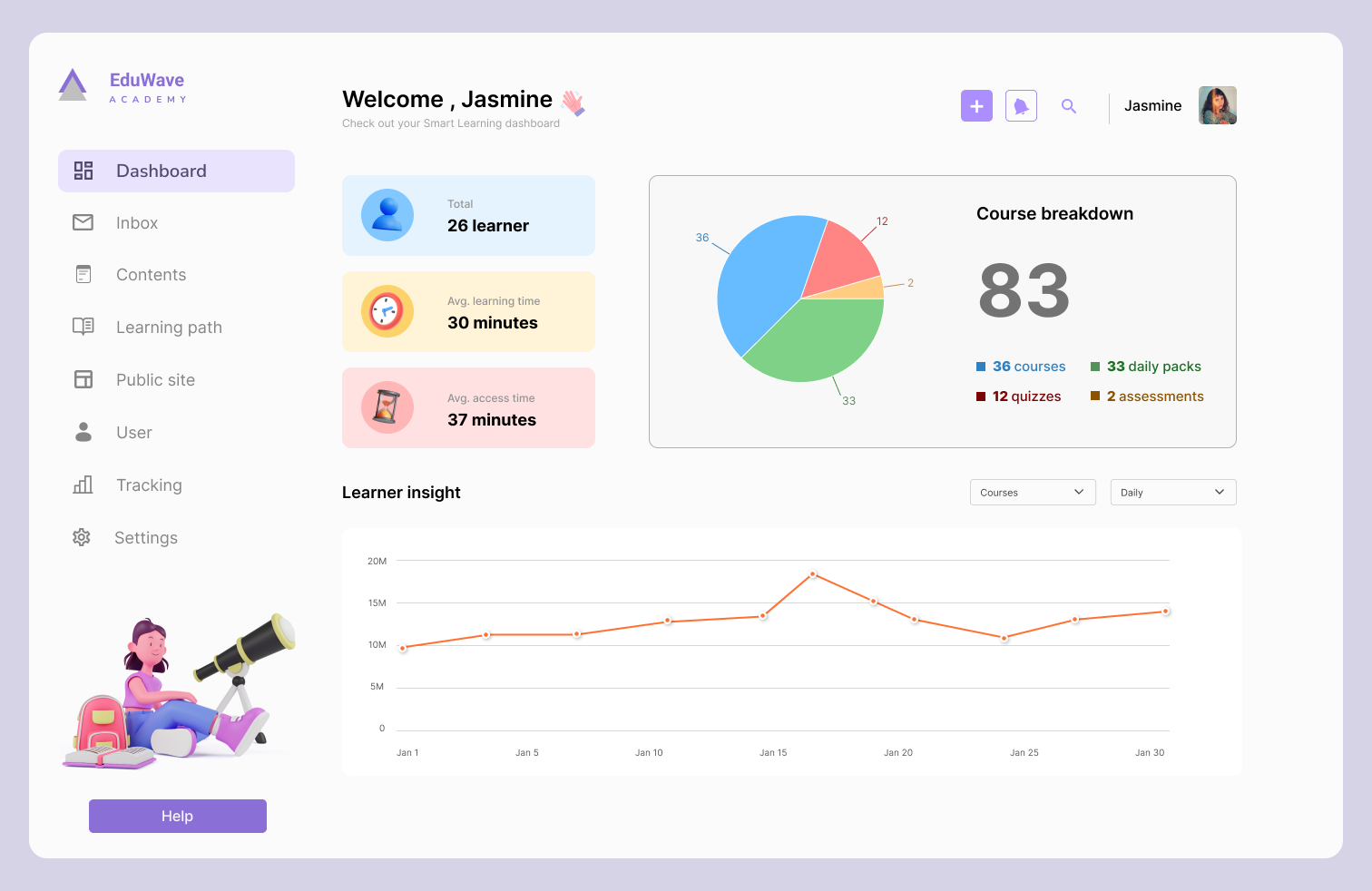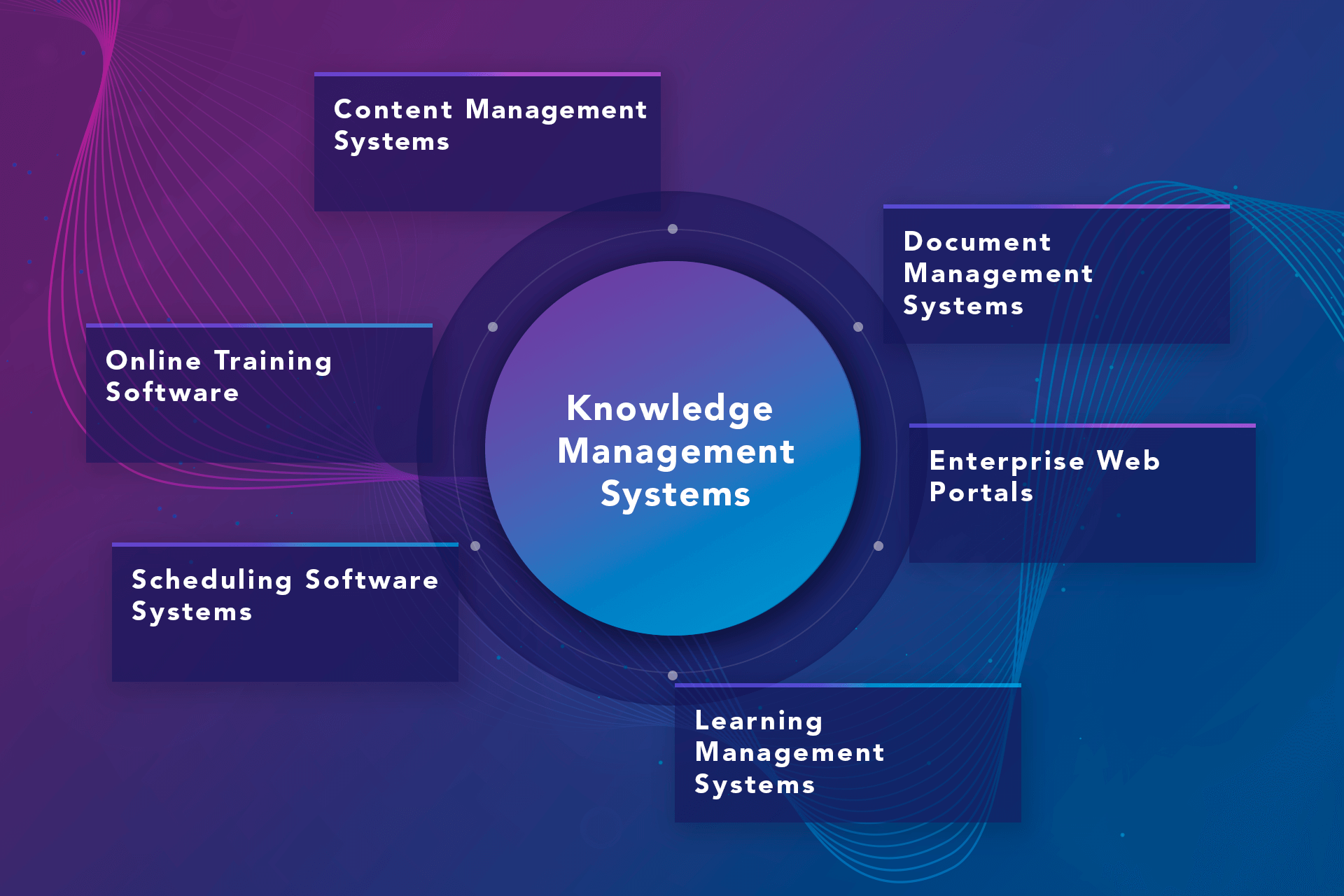Learning Management System Singapore: Picking the Right System for Your Team
Learning Management System Singapore: Picking the Right System for Your Team
Blog Article
Choosing the Finest Understanding Management System for Your Company
Selecting the optimal Knowing Administration System (LMS) for your company is a diverse decision that needs careful factor to consider of numerous elements. From defining precise knowing objectives that reverberate with your tactical vision to examining user experience, each variable plays a critical duty in the total efficiency of the system. Furthermore, comprehending combination abilities and guaranteeing scalability for future needs can not be ignored. As companies pursue efficiency and development, the choice of an LMS becomes progressively considerable. What are the vital factors to consider that can affect your decision-making process?
Define Your Understanding Goals
Specifying clear learning goals is essential for the successful implementation of an Understanding Monitoring System (LMS) These objectives act as a roadmap, assisting the development of material, evaluations, and overall training strategies within the LMS. By developing certain, quantifiable, achievable, appropriate, and time-bound (WISE) goals, organizations can ensure that the discovering experiences are straightened with their strategic goals and student needs.
Reliable knowing objectives must encapsulate what learners are expected to understand or be able to do upon conclusion of a program or training program. This quality not only help in content production but likewise promotes the examination of learner progress and the overall efficiency of the LMS. LMS Singapore. Distinct purposes allow stakeholders to examine whether the chosen LMS features and capabilities line up with their educational goals.
Assess User Experience
Once learning goals have actually been developed, evaluating user experience becomes an essential following action in choosing an appropriate Knowing Monitoring System (LMS) Individual experience encompasses the general fulfillment and ease with which students interact with the system. A well-designed LMS ought to promote instinctive navigating, making certain that users can situate training courses, products, and support easily.
To examine user experience, consider conducting usability testing with a representative sample of end-users. Key variables to assess consist of the LMS's user interface style, accessibility attributes, mobile compatibility, and the quality of directions offered.
In addition, examine the accessibility of assistance sources, such as tutorials and aid facilities, which can boost the individual experience. The responsiveness of consumer support is also critical; prompt assistance can dramatically minimize frustrations that customers may experience. Eventually, picking an LMS that prioritizes customer experience not just improves the finding out procedure however likewise cultivates greater engagement and contentment among learners.

Evaluate Combination Capabilities
Recognizing the importance of smooth functionality, assessing assimilation abilities is essential when choosing a Learning Monitoring System (LMS) An efficient LMS needs to facilitate interoperability with existing systems, such as Personnel Monitoring Equipment (HRMS), Customer Connection Management (CRM) platforms, and other academic devices. This integration boosts information circulation, decreases administrative burdens, and makes sure a natural knowing environment.
When examining an LMS, think about the types of integrations provided. Seek Application Shows Interfaces (APIs), Single Sign-On (SSO) capacities, and pre-built adapters that simplify combination processes. Furthermore, verify the LMS's capability to incorporate with third-party devices, such as content libraries or evaluation systems, which can substantially enhance the knowing experience.

Consider Scalability and Flexibility
As companies develop, the ability of a Discovering Monitoring System (LMS) to range and adapt ends up being increasingly essential. A scalable LMS can fit growth in user numbers, course offerings, this contact form and web content without jeopardizing efficiency or customer experience. As businesses expand, whether through increased workers, new areas, or diversified training demands, the LMS should perfectly expand together with these adjustments.
Adaptability is equally necessary; an effective LMS needs to support numerous discovering modalities, such as online, blended, and mobile learning. This versatility permits companies to respond quickly to emerging patterns in training and growth, making sure that they can provide appropriate and engaging understanding experiences - Singapore LMS. Additionally, the system should give personalized functions, enabling organizations to customize the LMS to their particular requirements and branding
Additionally, a flexible LMS ought to incorporate conveniently with existing tools and platforms, helping with a natural look at this now discovering environment. Therefore, when picking an LMS, it is important to evaluate not only its present abilities but additionally its possible to grow and adjust in positioning with the organization's calculated objectives and evolving learning requirements. This foresight can dramatically improve the long-lasting viability of the selected LMS.
Review Prices and Budgeting
When assessing a Knowing Monitoring System (LMS), examining expenses and budgeting is important to ensure that the investment lines up with the company's calculated purposes and monetary capacities. Organizations must begin by determining the complete expense of ownership, that includes licensing costs, implementation prices, maintenance, and any added costs such as training and technical support.
It is important to contrast numerous LMS choices, as rates designs can differ significantly amongst vendors. Some systems may supply a subscription-based model, while others might charge a single charge. Organizations needs to additionally consider the scalability of the LMS; as they expand, the price framework may change, impacting long-lasting budgeting.

Final Thought
Choosing a proper Discovering Monitoring System (LMS) is essential for achieving organizational knowing goals. Inevitably, the right LMS offers as a crucial device in promoting an efficient knowing environment and driving business success (Canvas Singapore).
Choosing the optimal Learning Management System (LMS) for your company is a diverse decision that requires mindful factor to consider of different aspects.Specifying clear knowing objectives is crucial for the effective implementation of an Understanding Management System (LMS)Once learning goals have been developed, click for info assessing user experience comes to be an essential next action in choosing a suitable Learning Monitoring System (LMS)As organizations develop, the capacity of a Knowing Management System (LMS) to range and adjust becomes significantly important.Picking an appropriate Understanding Administration System (LMS) is crucial for accomplishing business knowing purposes.
Report this page